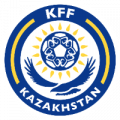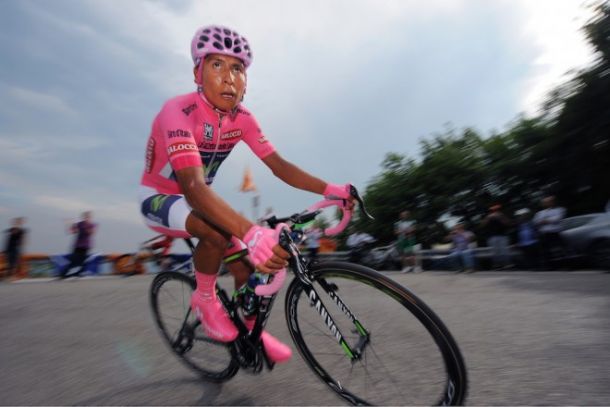Stage 15: Oviedo - Lagos de Covadonga 152.2km
The final third of this year's race begins with a stage of two halves. The first is no more than undulating, but the second features two categorised climbs, one of which is the monstrous ascent of Lagos de Covadonga leading to the summit finish. At 12.2 kilometres long and with a gradient of over seven per cent, it should provide fireworks from a field which will already be reduced following the second-category Puerto del Torno. Alberto Contador said he would target a stage win in the final week of the race; this could be the day he has in mind. But if Rigoberto Uran, Nairo Quintana or Joaquim Rodriguez find themselves struggling in the general classification, expect them to target this stage.
Stage 16: San Martín del Rey Aurelio - La Farrapona. Lagos de Somiedo 160.5km
Another day, another summit finish. This stage features five sizeable climbs, which will provide no small amount of thrills and spills as the race nears its conclusion for another year. The final climb of La Farrapona is the longest of the day, and this could be the day we see a Spanish rider go for glory in his home race. The man to look could be Sky's Mikel Nieve; if his team leader Chris Froome is struggling, the Basque rider may be given the go ahead to target a stage win. Julian Arredondo of Trek, who put in a good showing in the Giro d'Italia earlier in the year, is another who could profit on this stage.
Stage 17: Ortigueira - A Coruña 190.7km
One for the sprinters. In this mountain-dominated Vuelta, the fast men will get a chance to shine on this stage. Relatively flat throughout, a small unclassified climb 40 kilometres from the end has the potential to upset some of the larger sprinters, but it should all come back together in time for the finish. Expect Michael Matthews, Peter Sagan and Philippe Gilbert to be at the forefront of the action.
Stage 18: A Estrada - Monte Castrove. Meis 157km
After yesterday's sprint, it's a return to business as usual for the Vuelta, with yet another summit finsh, this time atop the second-category Monte Castrove, which the race will climb twice. Once again the climbers will come to the fore, and with stages running out the non-WorldTour teams will be eager to make a name for themselves. Caja Rural's Amets Txurruka has impressed in previous editions of the Vuelta and could do so again with a stage win here. But once again, if the main contenders find themselves struggling, expect them to make a move here as time runs out for them to leap up the standings.
Stage 19: Salvaterra do Miño - Cangas do Morrazo 180.5km
Another intermediate mountain stage, the third-last stage sees the peloton tackle two second-category climbs. Although the finish is situated on a flat section, it is highly unlikely the larger sprinters will have the chance to chase back on following the final climb. Therefore, it could come down to a fight between the fast men who can climb reasonably well, such as Philippe Gilbert or Ben Swift. But don't discount Sagan; the Slovak has proved in the past he can compete when the road points skyward.
Stage 20: Santo Estevo de Ribas de Sil - Puerto de Ancares 185.7km
The final road stage of this year's race is a cracker. The route features four categorised climbs, the largest ending with the final summit finish of the Vuelta. Expect a pure climber such as Joaquim Rodriguez to finish strongly on this stage; it's also the last chance many of the Spanish riders will have to claim a victory in their home race.
Stage 21: Santiago de Compostela 9.7km
It all comes down to this. This year's race will be decided once and for all by a flat time trial, and the day will be one filled with tension and drama. Among the overall contenders, Chris Froome will have the edge over his rivals, but the battle for the stage is likely to be an entralling fight between Fabian Cancellara and Tony Martin, the World Champion.









































